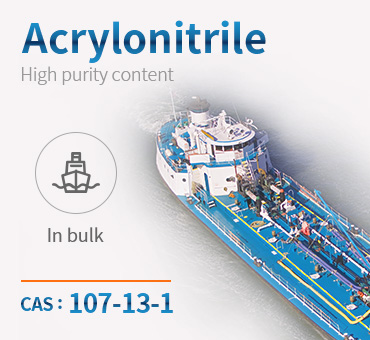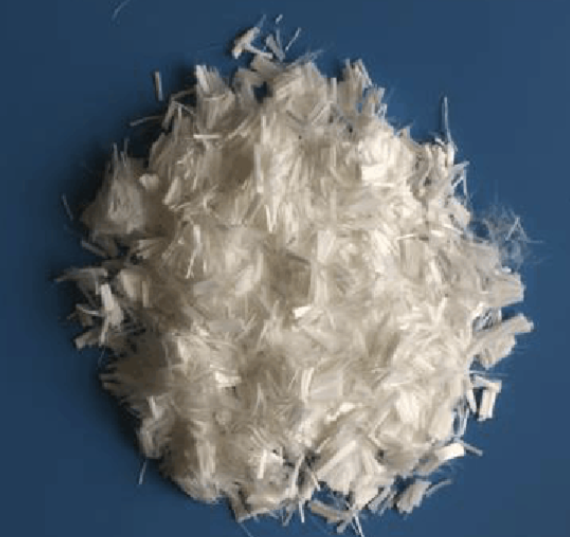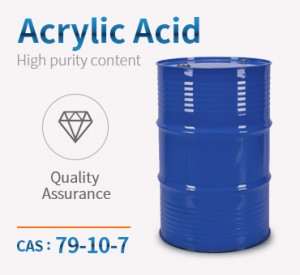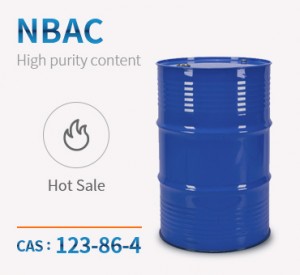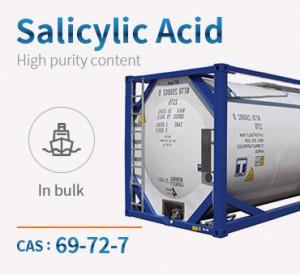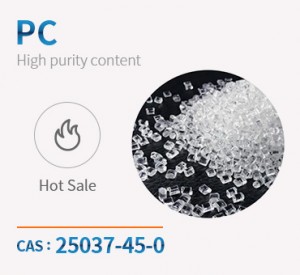Product Name: Acrylonitrile
Molecular format: C3H3N
CAS No.: 107-13-1
Product molecular structure:

Specification:
|
Item |
Unit |
Value |
|
Purity |
% |
99.9 min |
|
Color |
Pt/Co |
5max |
|
Acid value (as acetate acid) |
Ppm |
20max |
|
Appearance |
- |
Transparent liquid without suspended solids |
Chemical Properties:
Acrylonitrile is a colourless, flammable liquid. Its vapours may explode when exposed to an open flame. Acrylonitrile does not occur naturally. It is produced in very large amounts by several chemical industries in the United States, and its requirement and demand are increasing in recent years. Acrylonitrile is a heavily produced, unsaturated nitrile. It is used to make other chemicals such as plastics, synthetic rubber, and acrylic fibres. It has been used as a pesticide fumigant in the past; however, all pesticide uses have been discontinued. This compound is a major chemical intermediate used in creating products such as pharmaceuticals, antioxidants, and dyes, as well as in organic synthesis. The largest users of acrylonitrile are chemical industries that make acrylic and modacrylic fibres and high-impact ABS plastics. Acrylonitrile is also used in business machines, luggage, construction material, and manufacturing of styrene-acrylonitrile (SAN) plastics for automotive, household goods, and packaging material. Adiponitrile is used to make nylon, dyes, drugs, and pesticides.
Application:
Acrylonitrile is used to produce polypropylene fiber (i.e. synthetic fiber acrylic), acrylonitrile-butadiene-styrene plastic (ABS), styrene plastic, and acrylamide (acrylonitrile hydrolysis product). In addition, the alcoholysis of acrylonitrile leads to acrylates, etc. Acrylonitrile can be polymerized into a linear polymer compound, polyacrylonitrile, under the action of an initiator (peroxymethylene). Acrylonitrile has a soft texture, similar to wool, and is commonly known as "artificial wool". It has high strength, light specific gravity, good heat retention, and is resistant to sunlight, acids, and most solvents. Nitrile rubber produced by copolymerization of acrylonitrile and butadiene has good oil resistance, cold resistance, solvent resistance and other properties, and is the most important rubber in modern industry, and is widely used.
Products categories
-

Phone
-

E-mail
-

Whatsapp
-

Top

